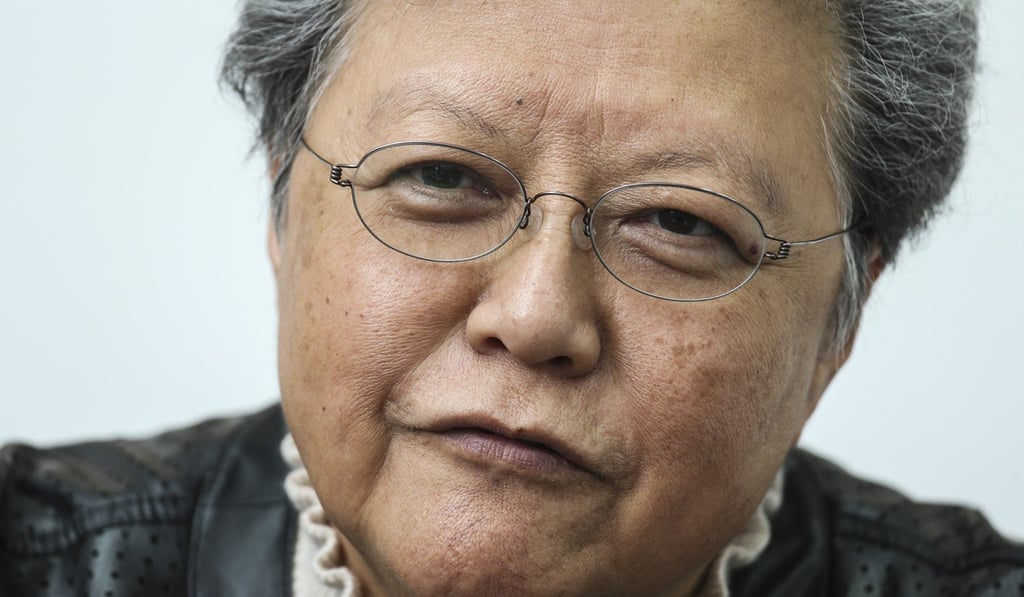Advertisement
Retroactive effect for anthem law needed if Hong Kong pan-dems drag Legco debate, Rita Fan says
Leading pro-Beijing figure dismisses need for public consultation and says, without penalties, disrespect may continue while lawmakers filibuster
Reading Time:2 minutes
Why you can trust SCMP

The proposed law criminalising disrespect for the national anthem in Hong Kong would apply retroactively if there were “sufficient reasons”, a pro-establishment political heavyweight said on Sunday.
Rita Fan Hsu Lai-tai, the city’s sole representative on the National People’s Congress Standing Committee (NPCSC), said such an effect would be warranted if pan-democratic lawmakers resorted to filibustering tactics over the legislation.
If the debate on the bill were dragged out, Fan said, local residents might continue booing the anthem in the absence of any punishment before the law took effect.
Advertisement

“It is not surprising that the opposition camp might stage a filibuster to drag [the debate on the national anthem bill] for months. It is under such circumstances that someone floated the question of whether the law should apply retroactively,” Fan said on a TVB talk show.
Advertisement
“If [the lawmakers] could scrutinise the bill in a normal manner, perhaps this measure would not have to be considered so seriously.”
Advertisement
Select Voice
Choose your listening speed
Get through articles 2x faster
1.25x
250 WPM
Slow
Average
Fast
1.25x